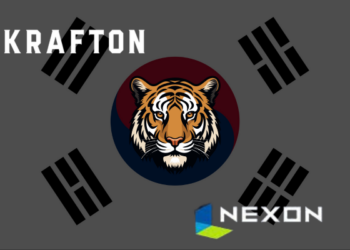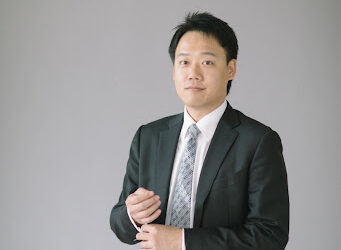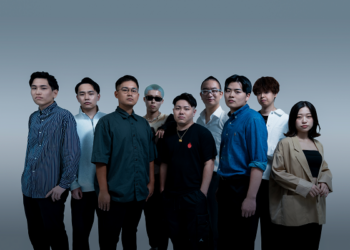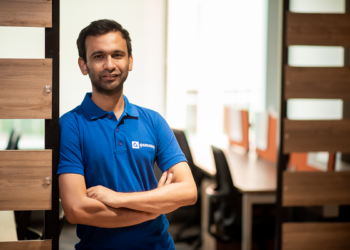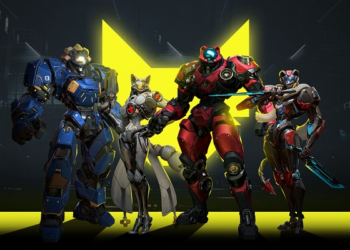Korea has been one of the most dominant countries in the esports world for a long time. With a gaming culture that creates and supports esports greatness, their infrastructure has birthed some of the top players of the industry. Say, if eSports were a Civilization game, then South Korea found the right technologies first to build the Wonder.
Korea’s PC Bangs
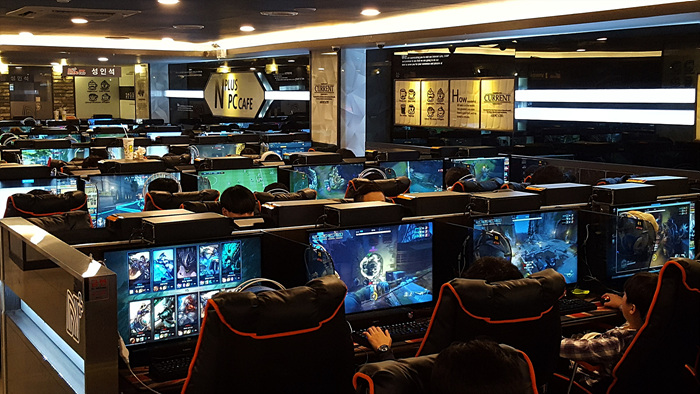
South Korea’s infamous LAN cafes (called PC Bangs) and high-speed internet, along with the wide-acceptance of a professional gaming career, has significantly contributed to the region’s current esports infrastructure.
This infrastructure has resulted in a plethora of talented players. It sets up gamers for success by allowing them to develop chemistry with other players and gain important LAN experience.
Although, it is essential to note that a professional gaming career, being readily accepted, has harbored an extremely competitive environment in the region. Being a professional gamer is a dream career for many people in Korea.
Production Value
When the Staples Center in LA sold-out, with thirteen thousand fans coming together to watch the Worlds 2013, a lot of people wondered whether this event bridged the gap between Korea and the West.
While Korea dominates the scene when it comes to producing talent, Western organizations like Dreamhack and ESL have produced some of the most large scale tournaments.
Culture
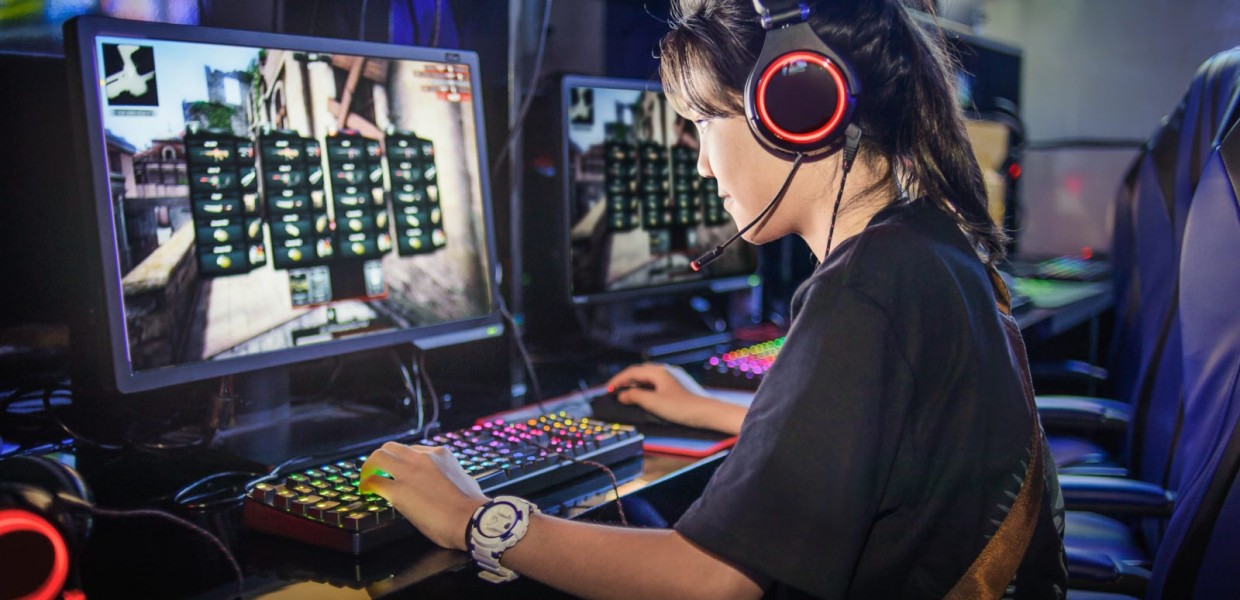
Cultural differences play a massive role in determining the direction of esports in both regions.
Talented players in South Korea are encouraged to pursue a professional gaming career, whereas players in the West may be discouraged.
Another vital thing to consider is how players relate the game to themselves. For instance, westerners, Americans in particular, generally have an “entity” perspective of their aptitude. Essentially, their abilities become intertwined with their self-image. This mindset has a negative psychological effect. When they are told they are good players, but they participate in a tournament and lose, they get an identity crisis and are unable to deal with the failure.
On the other hand, Koreans have a relatively incremental perspective of their abilities. They believe they are only as good at something as the amount of work they have put in it. Therefore, Korean teams can put their players in demanding and challenging situations and still get the best out of them. This mindset allows players to improve their skills without getting upset by setbacks.
Korean Teams
The way South Korean teams run is entirely different than Western organizations.
Western teams cater to the individual requirements of their players. They do it because they are not wealthy enough to pay every member to go through a strict training regimen. Moreover, they do not have access to as much talent to play the odds as KeSPA does.
To Sum Up…
So the question remains, will the West ever beat Korea when it comes to infrastructure and talent in eSports?
While it is expected that Europe and North America will soon be coming out with players just as talented as South Korean ones, we may not see the same esports infrastructure. This is because Korea’s current esports infrastructure is engrained in their culture and history.
They have got better players, tougher competition, and an unmatched infrastructure than every region in the West put together. American and European organizations are successfully evolving along their lines, according to their particular market and environment. But if they try to build themselves like their South Korean rivals, the outcome can be disastrous.




